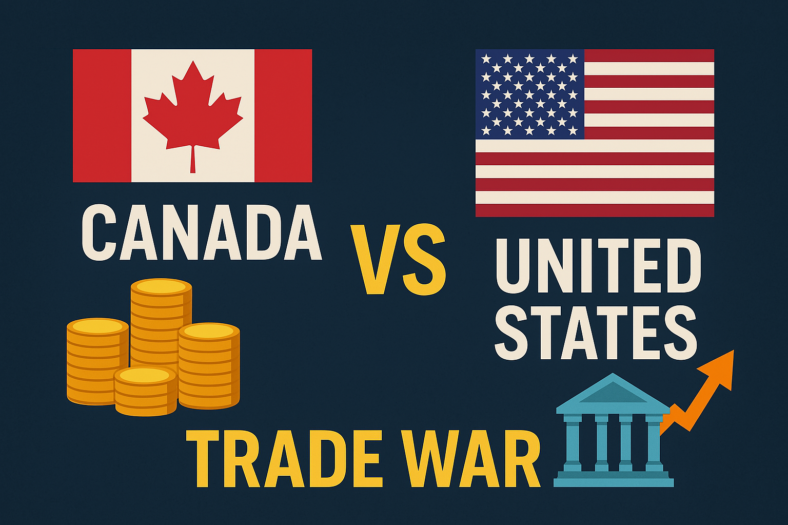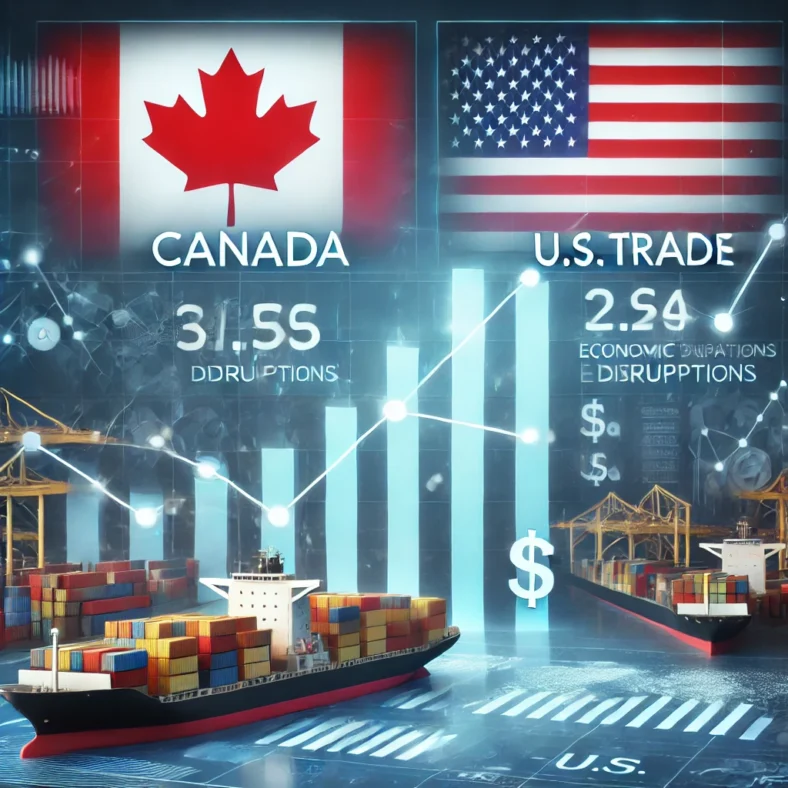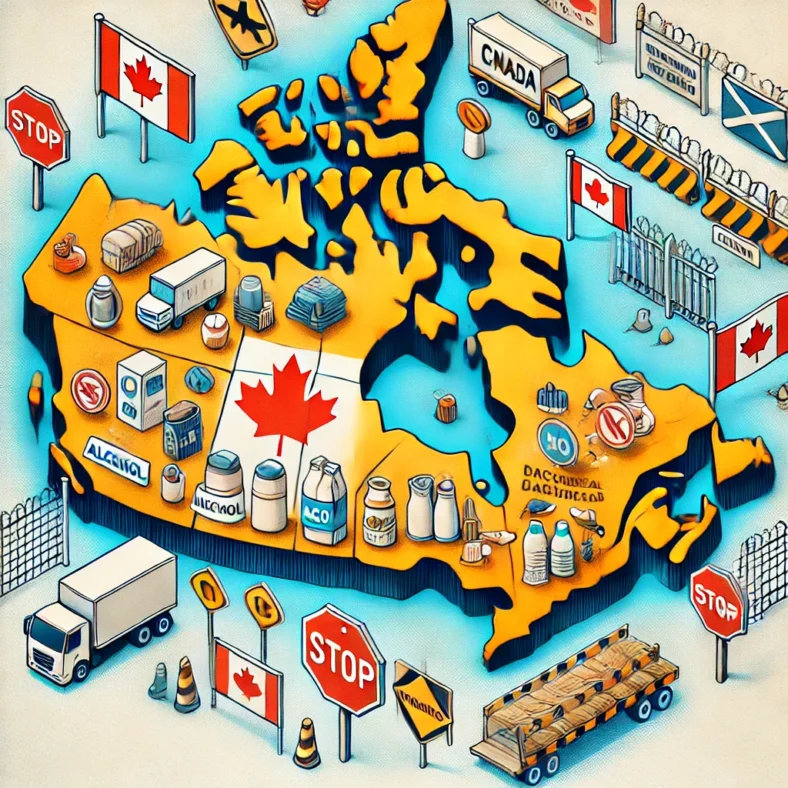On September 4, 2024, the Bank of Canada made its third consecutive interest rate cut, lowering its key rate to 4.25%. This marks a significant step in its ongoing effort to ease monetary policy after a series of aggressive rate hikes to combat inflation. With inflation gradually cooling, the central bank is now focusing on managing economic growth while keeping inflation under control.
When Is the Next Bank of Canada Interest Rate Announcement?
The next interest rate decision from the Bank of Canada is scheduled for October 23, 2024. This announcement will provide further insight into the central bank’s future policy direction as it navigates the balance between inflation control and economic growth.
What’s Happening with Inflation in Canada?
Inflation refers to the general increase in prices that reduces the purchasing power of money. In Canada, inflation is measured using the Consumer Price Index (CPI), which tracks price changes across a variety of goods and services. The Bank of Canada aims to keep inflation stable at around 2% annually.
In recent years, Canada has experienced its highest inflation in decades. The CPI started climbing in 2021 and peaked at 8.1% in June 2022. However, inflation has been steadily declining, with the rate falling to 2.5% in July 2024, the lowest it’s been since March 2021.
Despite this progress, housing costs remain a significant driver of inflation. Mortgage interest rates, driven higher by the Bank’s own rate hikes, and rising rents are contributing to shelter inflation. A growing population and a housing supply shortage are exacerbating the issue.
What Is the Bank of Canada Doing About Inflation?
The Bank of Canada uses interest rate changes as its primary tool to manage inflation. By raising interest rates, the Bank makes borrowing more expensive for consumers and businesses, reducing overall demand and slowing price increases.
From March 2022 to July 2023, the Bank raised interest rates 10 times, bringing its benchmark rate from 0.25% to 5%, one of the most aggressive tightening cycles on record. However, since June 2024, the Bank has shifted to a more cautious approach, cutting rates three times to 4.25%. These cuts signal the start of the Bank’s long-awaited monetary easing cycle, focusing more on the downside risks to economic growth.
How Do Bank of Canada Rate Hikes Affect Canadians?
For the average Canadian, interest rate changes are most noticeable in their mortgages and other debts, such as credit cards, personal loans, and auto loans. Both variable-rate and fixed-rate mortgage holders have seen significant increases in borrowing costs over the past two years. This has made homeownership more expensive for new buyers and increased monthly payments for those renewing their mortgages.
Higher interest rates also have broader economic effects. Economic growth in Canada has slowed since mid-2023, with consumers cutting back on spending and businesses reducing investments. As a result, unemployment has risen, and overall economic activity has weakened. While Canada has so far avoided a full-blown recession, the Bank of Canada expects the economy to remain sluggish through the first half of 2024, with recovery expected later in the year and into 2025.
FAQ
The Bank of Canada’s key interest rate is currently 4.25% as of September 2024, following a series of cuts.
The next interest rate decision from the Bank of Canada is scheduled for October 23, 2024.
The Bank of Canada adjusts interest rates to control inflation and maintain stable economic growth. Higher rates reduce borrowing, while lower rates encourage spending.
Rising interest rates increase the cost of mortgages, loans, and credit card debt, impacting household expenses and reducing overall economic activity.




















